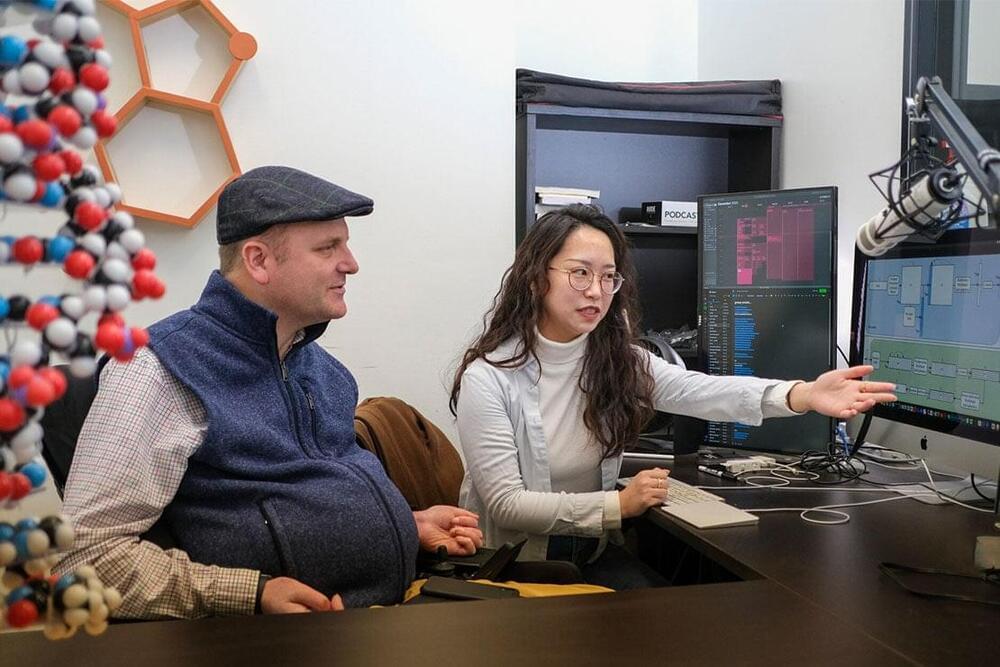TikTok built its empire off popular music — but now it’s losing access to a ton of it.
In a statement, Universal Music Group said it has chosen to “call time out on TikTok” to pressure the social network for better rules on artificial intelligence, online safety, and artist compensation for its roster, which includes such luminaries as Taylor Swift, Drake, and BTS.
“Today, as an indication of how little TikTok compensates artists and songwriters, despite its massive and growing user base, rapidly rising advertising revenue and increasing reliance on music-based content, TikTok accounts for only about 1 percent of our total revenue,” the statement reads.









